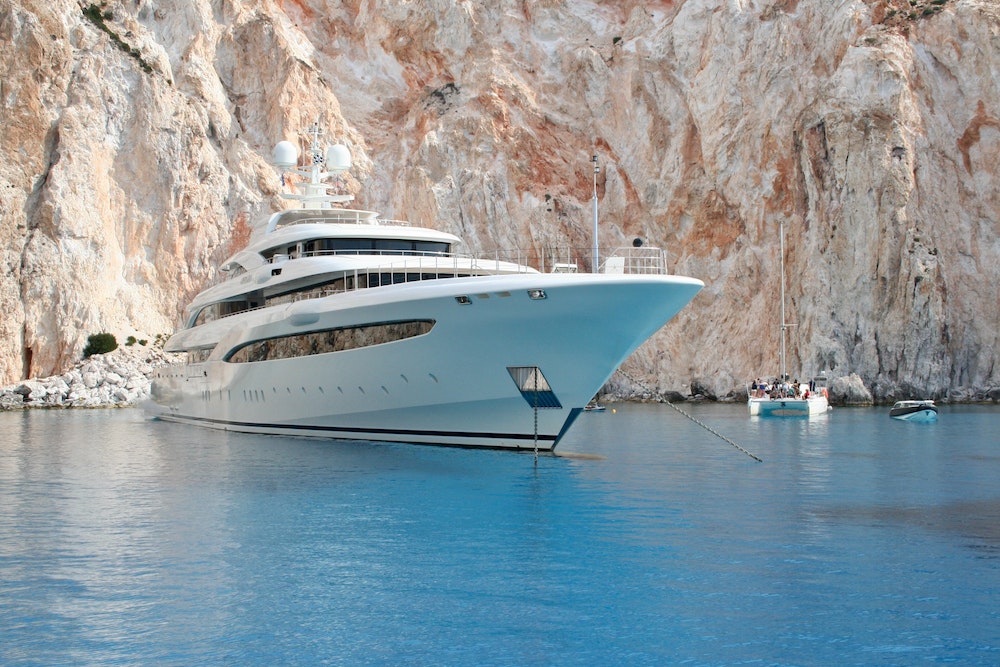Super is in the eye of the beholder
Is every yacht over a certain length worthy of the label ‘super’?
Other than superyachts, I suppose the only other luxury asset we tag the word ‘super’ on is ‘supercar’. When Times newspaper first decided to coin the term ‘supercar’ in 1920 to describe the British Ensign Six it was because of its whopping 6.7 litre engine and ‘high performance'. It was called super because it could do things that other cars couldn’t, like charge people £275 to own one - an extortionate amount for an automobile at the time. My point is this - because it was called ‘super’ based on its performance, capabilities, and price tag, it gave the term flexibility as well as an expiry date.
We wouldn’t call an Ensign Six a supercar in today's age, we would call it a classic, or a rusty old pile of crap. The supercar label has evolved and it now belongs to Bugatti Veyrons and Lamborghini Aventadors. Why then is it that a big rusty old floating pile of crap gets called a superyacht, but an albeit smaller yet brand-spanking-new, contemporary, ocean-going, seaworthy vessel isn’t?
I think that length shouldn’t be the overwhelmingly defining metric for how we categorise yachts. On a psychological level, if we are making it all about length, then we are probably making potential owners focus on specifications that aren’t actually that important. Deck space, actual interior floor space, operational space, are all arguably more important specs for clients who are concerned about having a bigger yacht.
If we had a higher standard for what we define as a superyacht, aesthetic, quality, seaworthiness, one that was based on performance, then it could actually increase their renown when compared to those that don't pass muster. If the term superyacht was reserved only for those who owned the newest and best superyachts in the world then it would feel even more exclusive. People want to be able to say they own a superyacht and it would be a way of encouraging UHNWIs to buy luxury vessels with the most advanced engineering and greenest technology, rather than just length.
The caveat is of course that there does need to be some kind of numerical method for distinguishing different types of yachts. As an employee of a company that relies on data and information as the foundation of our reportage, analysis and consultancy work, I wouldn’t advocate for the complete eradication of the current metric that's widely used in the market. However, I would argue that from a sales and marketing perspective, or indeed from a buyer perspective, we could definitely squeeze more juice out of the word ‘super’.
There is also no hiding the fact that there are clients who do just want to buy a larger yacht because their friends have got one or because they want to sound more impressive when they are talking to colleagues. With that being said, my humble opinion is that a really sexy looking, technologically advanced yacht with the ability to travel to remote locations and benefit the surrounding environment is much more ‘super’ than a superyacht that’s a couple of metres larger, sits in a marina its whole life, and isn’t even seaworthy enough to go more than a couple of miles off the coast.
It’s an interesting conversation to have, well, at least it was for our editorial department. The industry must give itself leave to evolve and define the language it uses on a daily basis. Specialisation, differentiation and various other kinds of 'iations' will surely benefit the industry long term and help potential buyers see the wood for the trees.
NEW: Sign up for SuperyachtNewsweek!
Get the latest weekly news, in-depth reports, intelligence, and strategic insights, delivered directly from The Superyacht Group's editors and market analysts.
Stay at the forefront of the superyacht industry with SuperyachtNewsweek
Click here to become part of The Superyacht Group community, and join us in our mission to make this industry accessible to all, and prosperous for the long-term. We are offering access to the superyacht industry’s most comprehensive and longstanding archive of business-critical information, as well as a comprehensive, real-time superyacht fleet database, for just £10 per month, because we are One Industry with One Mission. Sign up here.
Related news
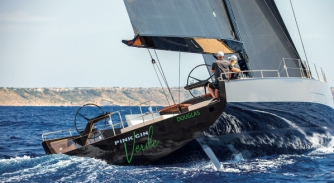
Baltic Yachts’ innovation creates the most sustainable sailing vessels
It all starts with the fundamentals...the little things that bring down consumption, reducing the amount of power and number of batteries required
Technology

Two superyachts lost to fire in Portsmouth, Rhode Island
Both yachts reported total losses with one person injured
Fleet
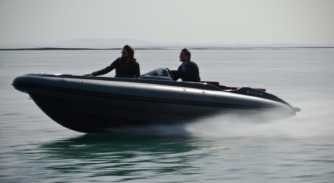
NAUMATEC reveals their new tender model
NAUMATEC unveil details of their new tender model TENDERLUX 620
Fleet
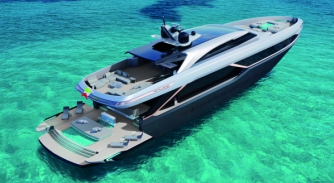
Falcon Yachts flies high again with the creation of a new Legacy
Here, we speak with Valentina Antimi, business development director, about Falcon Yachts’ past, present and future.
Business
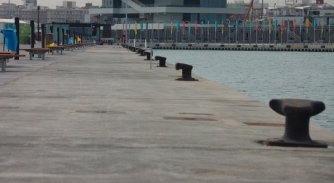
AC37 - superyacht suitors
What is the best Americas' Cup 37 venue for the superyacht industry?
Business
Related news
NAUMATEC reveals their new tender model
4 years ago
AC37 - superyacht suitors
5 years ago
NEW: Sign up for
SuperyachtNewsweek!
Get the latest weekly news, in-depth reports, intelligence, and strategic insights, delivered directly from The Superyacht Group's editors and market analysts.
Stay at the forefront of the superyacht industry with SuperyachtNewsweek


